As a nutrition grad student, I can’t tell you how often people ask me random questions about fad diets, trends, artificial sweeteners, fat, carbs, calories, food dyes, organics, etc. Then there’s the other group of people who think I live off raw vegetables and locally sourced kombucha and judge everyone around me (I don’t, I promise – you do you).
What’s even more interesting is how people often give me random nutrition advice, or try to tell me that they’re “certain about something” they saw on TV or read on the internet.
I get it – there’s tons of info out there. A lot of it is gimmicky, or fear-based or currently in vogue or #trending on the web and on menus. But studying nutrition as a science both in undergrad and now in grad school has lead me to realize that science proves a lot of trendy fads unworthy.
A lot of times, when I tell people that something they’ve seen all over the internet actually isn’t the best idea for good health (I’m lookin’ at you, low-carb diets), they’re shocked.
Here are few things I, as a nutrition grad student, hear time and time again, and the reasons why they are myths or misconceptions.
1. “Low fat is the only way to go.”

Photo by Katherine Baker
Recently in line at Starbucks, I ordered an iced coffee unsweetened with a splash of coconut milk. The lady behind me told me that “didn’t I know coconut is fatty?” and proceeded to order a venti non-fat frappucino. No comment.
Here’s the deal my friends, I’ve said it before and I’ll say it again: fat isn’t a four letter word (unless it’s trans fat – that one’s not so great).
Fat is an important part of a healthy diet – especially when you replace saturated and trans fat with healthier choices (read more about that here). And a lot of fat-free products replace healthy fats with sugars, which is actually worse for you.
Also, fat is satiating. Put down your PB2 and your sugar-laden “fat-free” dressing, and just enjoy the real versions in moderation instead.
2. “No carbs. I’m being ‘healthy.’ Plus they make you fat.”
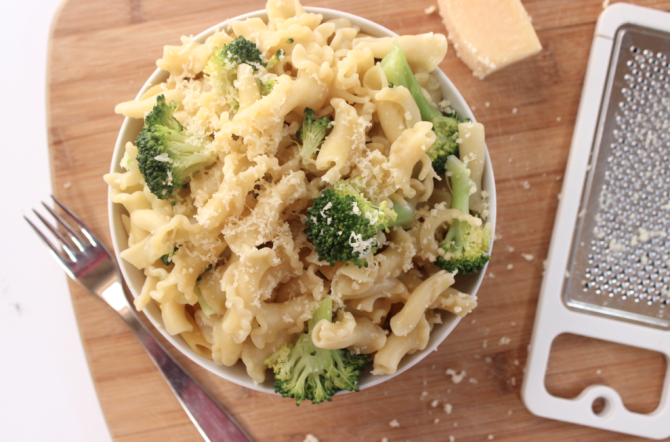
Photo by Katherine Baker
SMDH. I hear this one a lot, and honestly, at this point, it makes me (and a lot of other people I know who also study nutrition) want to dramatically scream out loud in public. Lucky for those around me, I can usually refrain. But can we please put this idea to rest? Carbs are important!
Want to cut back on processed carbohydrates like sugary cereal, white bread, cookies and muffins? Great, I’m on board with that. But instead of eliminating an important food group and your body’s preferred source of energy, simply try to make healthier swaps.
Incorporate whole grains (oatmeal, brown rice, quinoa) and whole-grain products (including cereal, pastas and yes – whole grain breads) and enjoy them. Whole grain products are full of fiber, protein, and are often fortified with important vitamins and minerals, including folic acid and B vitamins. Now go and hug your baguettes.
3. “I did a lot of research about it online. Trust me.”

Photo by Katherine Baker
I’m going to break some shocking news here: turns out *gasp* the internet isn’t always the most legitimate source of information. Just because you saw something shocking on a daytime talk show or read one article that referenced one random radical study, doesn’t make it true. Real science and health info isn’t always as click-bait-y and outrageous as the manipulated or fabricated health news we often see on our mini-feeds.
If you really want to know what the truth is behind something nutritional, consult a trained, educated authority, nutritional biochemistry textbook, or do a critical literature view on PubMed before forming an opinion.
4. “I take a bunch of vitamins every day. It’s super important to stay healthy.”
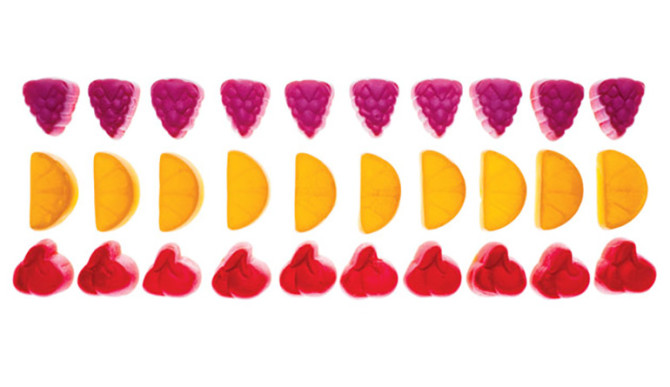
Photo courtesy of prevention.com
Well, for most of us, not really. Now, I’m not saying that all supplements are bad. For some populations or people with dietary restrictions, allergies or medical issues, certain vitamin and mineral supplements may be beneficial or even essential. However, multivitamins are absolutely no substitute for a healthy diet.
Consuming whole foods are the best way to get nutrients, because not only do you get other benefits from vitamin and mineral rich food – including fiber, phytochemicals, and antioxidants – your body absorbs most nutrients far better from food better than from pills.
Also – be aware that no one regulates vitamin supplements. For all you know, you could be spending tons of money on sugar pills.
5. “Throw some more bacon onto my healthy steak-filled Paleo meal.”
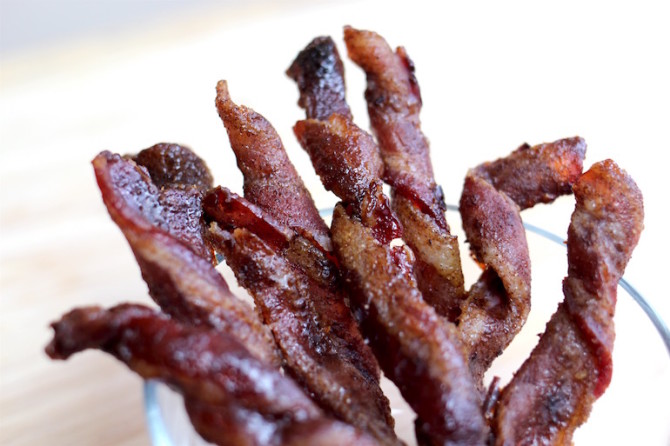
Photo by Audrey Mirabito
I have no issue with eating more fruits, vegetables, nuts, and seafood and eliminating processed foods. In fact, I’m all about this aspect of the Paleo diet.
However, a lot of people seem to have totally misinterpreted the Paleo diet (which, if you read the original Paleo plan, bans bacon). Also, eating a lot of red and processed meat (which is actually also not really encouraged by the original Paleo diet) has been shown to caused increased risk of cardiovascular disease.
And legumes and whole grains? I mean, for one, there’s debate that the paleolithic people actually did eat these, and from what I’ve studied about nutrition, all I can say is that legumes are one of the most nutritious food groups I can think of (filled with protein, fiber, vitamins, minerals, and phytochemicals), and that fiber-rich whole grains also offer health benefits and provide vital micronutrients.
6. “Organic means it’s healthier.”
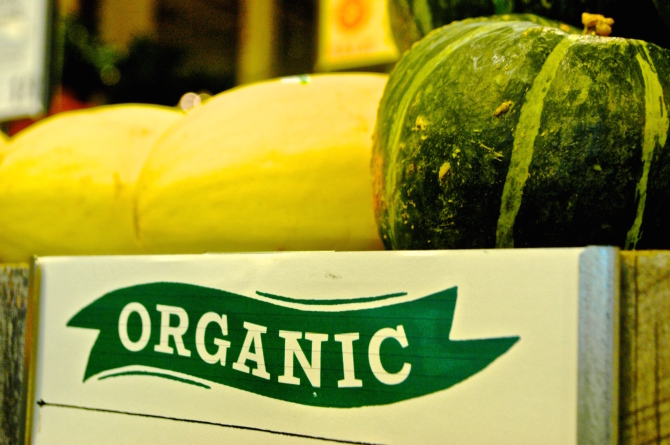
Photo by Katie Fletcher
Not always. Organic foods have actually never been proven to have any more nutritional quality than conventional foods. Do I buy organic foods? Yes I do, especially produce. I think they taste better and I’m on board with some (but not all) other aspects of organic farming.
But keep in mind that organic foods don’t have to follow fortification laws in the US, which means a lot of organic cereals and grain products don’t have important nutrients added to them. As a lot of people rely on things like breakfast cereal as a major source of B and other vitamins, if you strictly eat organic grain products you could be missing important nutrients.
Just check nutrition labels to ensure you’re selecting fortified grain products some of the time. And be aware that organic foods do not have nutritional magical superpowers.
7. “I need to focus more on eating protein.”
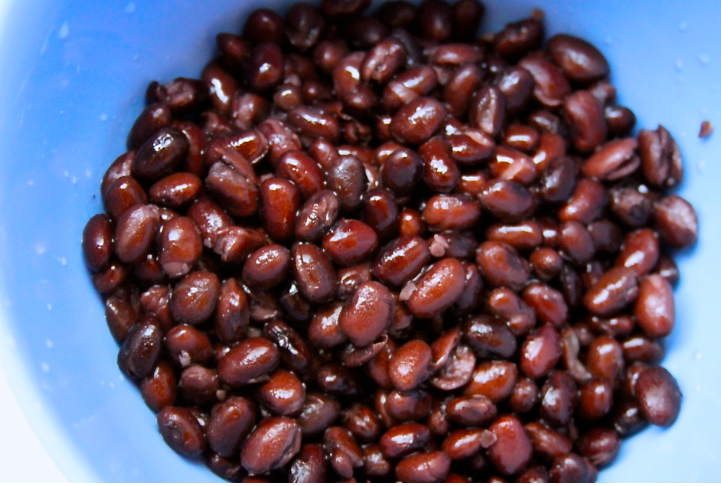
Photo by Sally Zhang
Actually, a vast majority of Americans over-consume it and you probably need less than you think. Protein is important, but it’s also abundant in many sources besides meat. You consume protein in many ways you don’t think about – grains, seeds, nuts, beans – even vegetables have protein.
The point is, you can ease up on this whole protein-and-green-vegetables-only mentality. Enjoy a balanced diet that includes protein, and many other nutritious things – including fruit, healthy fats, grains, and starchy vegetables.
8. “I’m going gluten-free for no reason,” or “I’m going gluten-free to lose weight.”
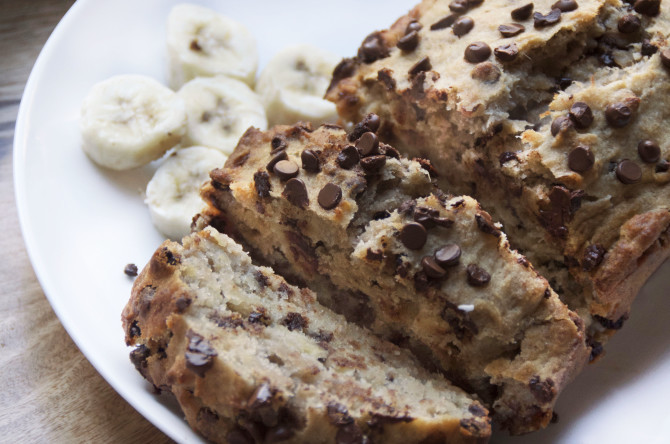
Photo by Becky Hughes
Eliminating gluten is a vital form of nutritional therapy for some people – like those with celiac disease or gluten allergies. If you want to eliminate gluten even if you have no true allergy or sensitivity, I by no means hate or discriminate against you. I simply wish you to bare in mind that “gluten-free” does not mean healthier, less-fattening, lower in calories, or more nutritious a gluten-filled diet.
Focus on healthy sources of carbohydrates, including fruits, starchy vegetables, and whole grain products.
9. “Eating late at night makes you fat. My kitchen closes at 6 pm.”
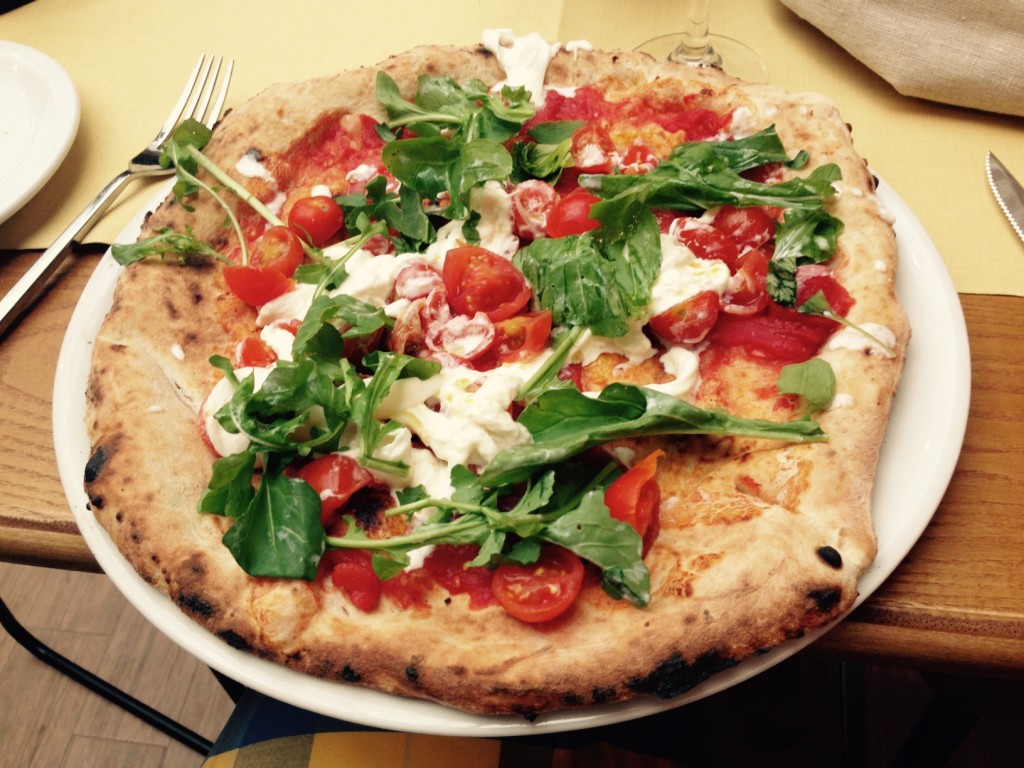
Photo by Jessica Fedin
Another health myth that floats all over the internet, disproven by science. No matter what time of day you consume your calories, your body is going to metabolize them equally. If you are hungry in the evening, have a snack. It’s okay, you’re not going to wake up blown up like a balloon.
That said, late-night munching may lead to weight gain if it’s brought about by boredom, over-tiredness, is induced by drunkness or the munchies, or if fatty snack foods are over consumed.
10. “We need dairy for strong bones.”
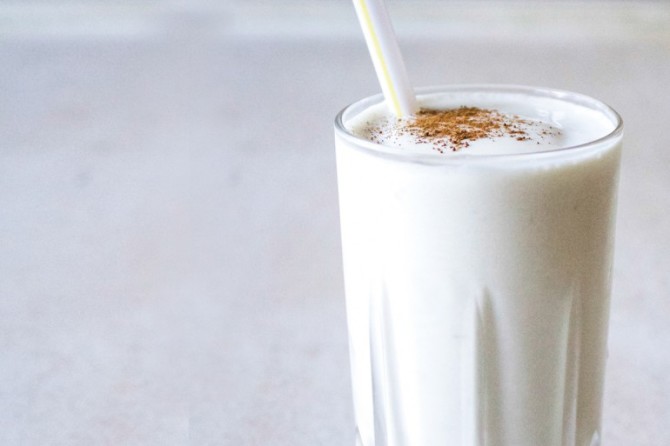
Photo by Andrea Kang
Not true. While dairy-products can be a good source of calcium and vitamin D, they aren’t the only places to get these nutrients. Some cultures rarely even consume dairy. Calcium-set tofu, tempeh, kale, soybeans, almonds, bok choy and mustard greens all contain calcium, as does fortified orange juice and the ever-growing selection of non-dairy milks.
If you don’t like dairy or can’t tolerate it, it’s going to be okay. Simply select whole food and fortified sources of calcium, and you can meet your needs.
10. “I should never eat XX, right?”

Photo by Kylie Kinder
I’m not into deprivation; all things can be part of a healthy diet when consumed in moderation. But this is old news. Don’t set yourself up for failure by banning certain things from your diet. Just eat healthy most of the time. Which brings me to my last point…
11. “Oh my god, you’re eating a cupcake? I never thought I’d see you eat a cupcake.”

Photo courtesy of @elenabesser on Instagram
For some reason, sometimes people (usually those who don’t know me well) are shocked when I occasionally order a (veggie) burger and fries when everyone around me is ordering salads, if I suggest dessert, out-eat the entire table, or chow down on a mid-day pastry. Just because I study nutrition does not make me a robot. In fact, I probably ended up in this field because of my undying love of and interest in food. I like to eat and I like to indulge – after all, indulging is part of a healthy lifestyle.
Now pass me a second cupcake!


